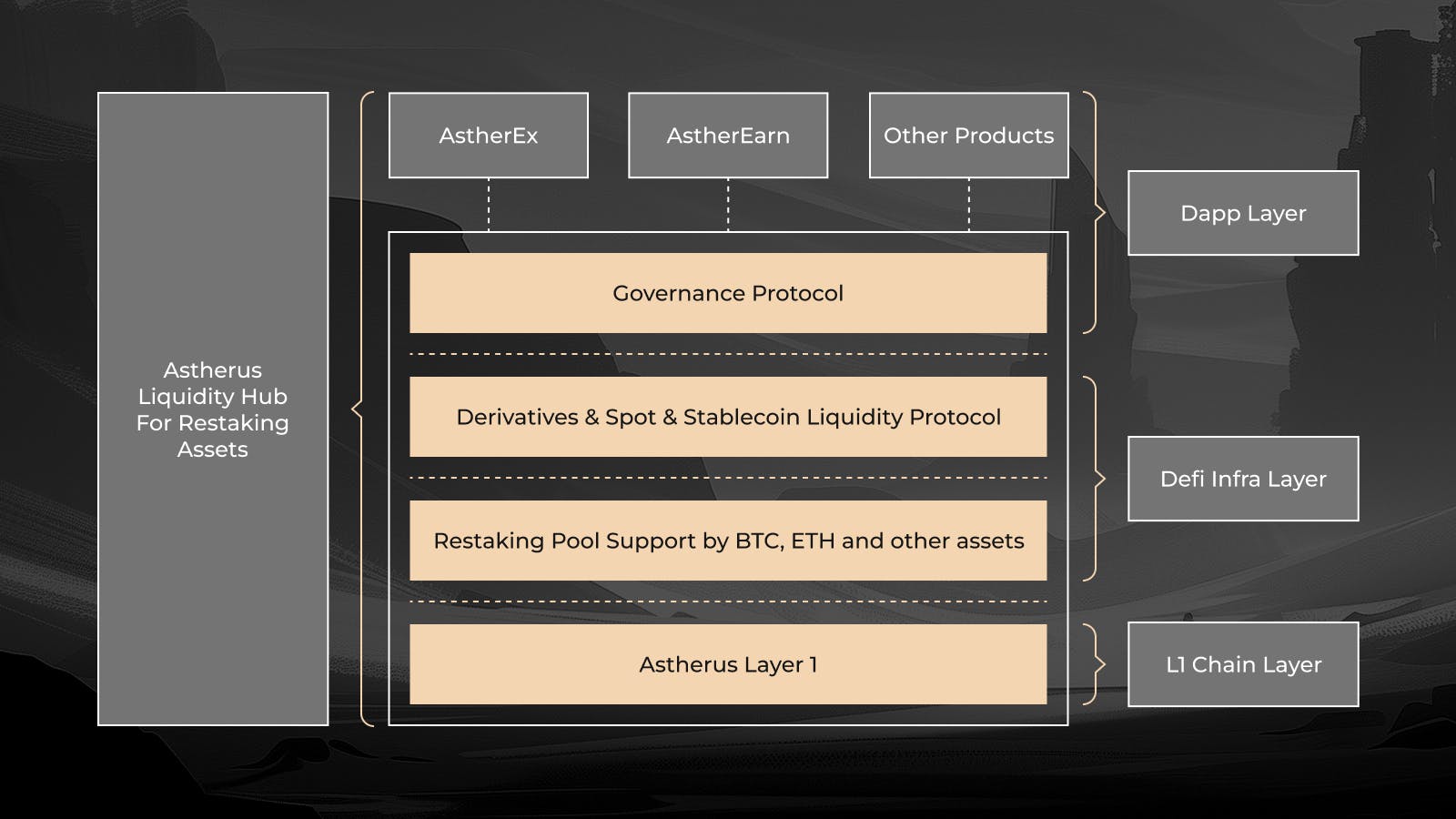
2024-9-27 00:32:5 Author: hackernoon.com(查看原文) 阅读量:2 收藏
Restaking is booming. EigenLayer exploded into the mainstream in 2023, pioneering the concept of active validated services (AVS) and introducing extra yield channels for liquid staking tokens (LSTs) and liquid restaking tokens (LRTs). There has since been a surge of new LST and LRT protocols aiming to gain market share. It’s obvious that there is strong market demand for restaked assets.
What is Restaking?
Staking = When you lock up tokens for a period of time to earn yield. You may get liquid staking tokens in return.
Restaking = When you stake liquid staking tokens, usually to earn more yield.
For example, to participate in Ethereum’s proof-of-stake ecosystem, you may stake ETH with a platform like Lido. In return, Lido gives you stETH (Lido-staked Ether) so that you can continue to access liquidity of your staked ETH. You may then choose to stake stETH in the
However, DeFi users are realizing that aside from staking to earn minimal yield (usually 1-3% APY), they can’t do more with their LSTs. Some protocols offer liquid restaking tokens in return for staking their LSTs. But the same story repeats: Users can only stake their LRTs for even lower yield.
Shouldn’t we be able to do more with our LSTs and LRTs? A new protocol has caught the interest of many in recent months. Astherus, which is also a Binance Labs’ Incubation Season 7 project, is relatively new in restaking. Astherus claims to add utility to staked assets to increase their utilization and maximize user profitability. Let’s explore this.
Imparting Utility to Staked Assets
Put plainly, Astherus aims to offer new use cases for LSTs and LRTs — not just staking rewards. This way, asset utilization will increase as users have more avenues to deploy their restaked assets. New use cases then drive user profitability up.
One major use case for LSTs and LRTs on Astherus is perpetual (perp) trading. Since perp trading deals with contracts of an underlying asset and you don’t actually trade the asset, you need collateral (or margin). Astherus’ perp DEX lets you use your LSTs and LRTs as collateral for perp trading, with up to 100x leverage “for maximal yields.”
A quick look at their website shows that you can trade perps using StakeStone’s STONE, Lista DAO’s slisBNB, WBETH, Kelp DAO’s rsETH and more as collateral. Aside from LSTs/LRTs, Astherus also supports blue chips, governance and LP tokens for trading (BTC, ETH CAKE, LISTA and JLP, Solana’s Jupiter perp DEX’s LP token). As of this month, you can trade 14 crypto and memecoin perpetual contracts.
Astherus says it “aims to build a comprehensive dApp ecosystem for restaked assets.” It is clear that the platform is looking not just into perp trading but also spot trading, stablecoin yield farming, Earn strategies, and more. A glance at Astherus’ Gitbook hints that developers may easily build LST/LRT-based DApps on Astherus in the future. In short, the protocol acts as a liquidity hub to aggregate LSTs/LRTs liquidity and build a foundation for Astherus to expand restaked assets’ utility.
$ASS Token
Not much is known about Astherus’ token $ASS save for its meme-like ticker and its total supply of 1 billion. Astherus’ ongoing airdrop points campaign (currently in Stage 0) rewards depositors on the platform with Au points, which gives an allocation of $ASS at its token generation event (TGE). Since its inception in late June, Stage 0 has attracted significant attention from LST/LRT projects and holders. Its simple deposit-to-earn mechanics has driven total value locked to a peak of $83 million USD. Depositors earn Au points and partner airdrop points.
Another hint of $ASS is in Astherus’ pre-Stage one campaign Odyssey, which has garnered interest for its Gem bag reward. According to Astherus, participants can claim a Gem bag after completing quest tasks. These Gem bags can then be opened after Astherus’ TGE. Already, Odyssey has over 6.8k participants and seven partner projects, signifying massive interest in the platform’s upcoming token. Stage 0’s and Odyssey’s successes are likely to sustain continued interest in $ASS.
We are seeing a rise in LST and LRT protocols today. Can Astherus be the center point of innovation for restaking utility? Considering their current trajectory and growing hype over the $ASS token, they could very well be — truly paying homage to the term ‘maximizing capital efficiency.’
如有侵权请联系:admin#unsafe.sh


